Substantial evidence is available from across the globe that micro-finance products and services have the potential to empower the poor, particularly the poor women in the rural areas, in particularly the poor women in the rural areas, in acquiring skill, confidence and capacity to undertake activities that can significantly lift them above the poverty line. There is also evidence that micro-credit groups of the poor have done better in coping with natural disasters although disasters like the Indian Ocean Tsunami of December 2004 badly crippled their activities. In the immediate post-disaster phase when relief and rehabilitation assistance pours in, micro-finance plays a marginal role, but when the supply of dole dries up, the poor have to fend for themselves. In this critical phase of recovery, micro-finance assumes even greater importance in supplementing other efforts for livelihood restoration and sustainable development. This volume, which draws from the contributions in an International Workshop in Delhi during 2005, would be an important addition to the very limited literature available on the subject.
Global Sustainable Development Report 2015: Climate Change and Sustainable Development: Assessing Progress of Regions and Countries
A complex issue of global ...
$55.80
$62.00

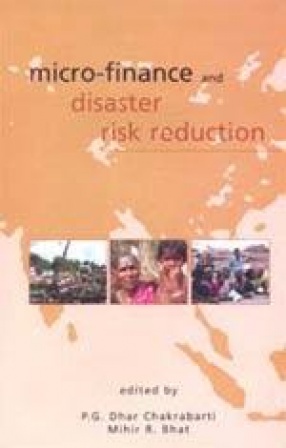
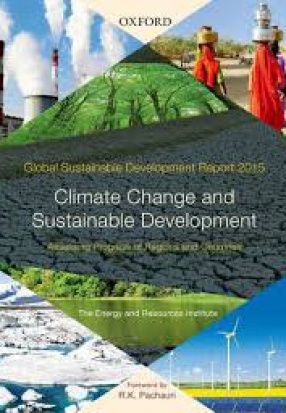
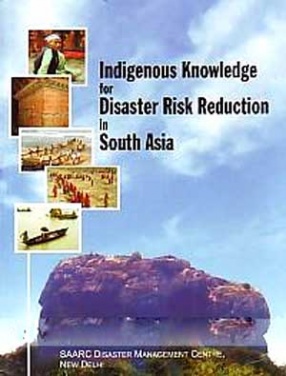
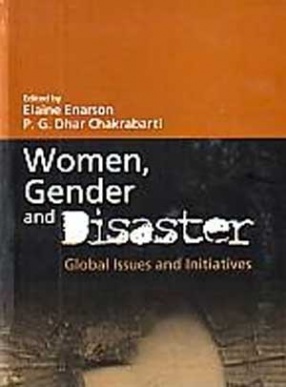
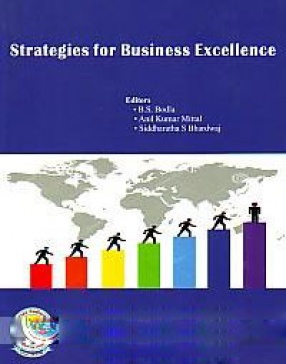
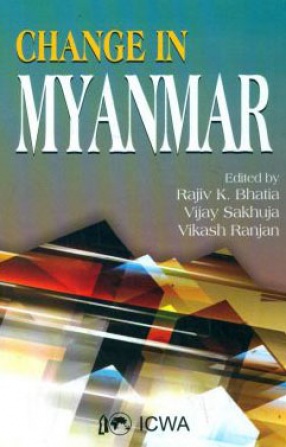

There are no reviews yet.